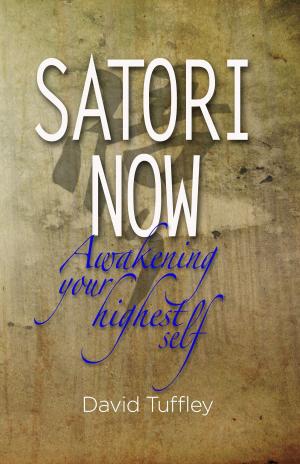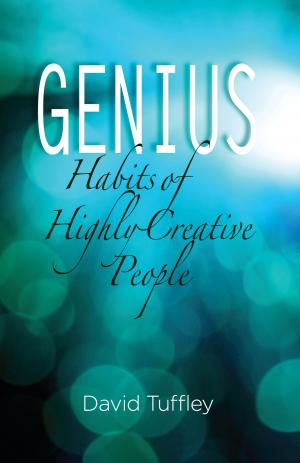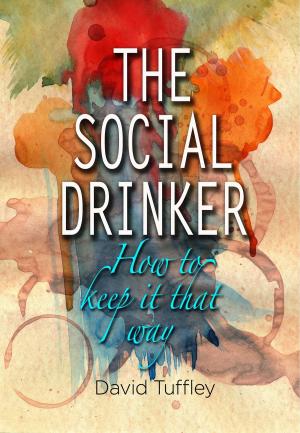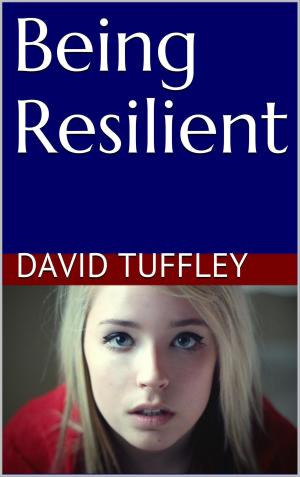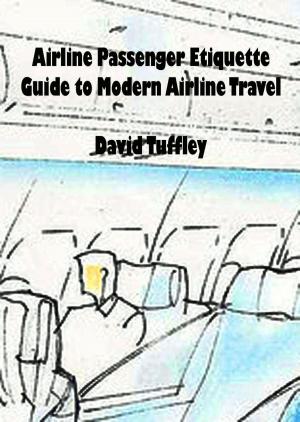Anger Management: a Self-Help Guide
Nonfiction, Family & Relationships, Parenting, Anger, Health & Well Being, Self Help| Author: | David Tuffley | ISBN: | 9781465700766 |
| Publisher: | Altiora Publications | Publication: | January 15, 2012 |
| Imprint: | Smashwords Edition | Language: | English |
| Author: | David Tuffley |
| ISBN: | 9781465700766 |
| Publisher: | Altiora Publications |
| Publication: | January 15, 2012 |
| Imprint: | Smashwords Edition |
| Language: | English |
Anger is part of the ancient arsenal of survival instincts that we inherited from our evolutionary past. Our ancestral environment was a dangerous place in which people struggled to survive and anger got us ready to fight for our lives.
In your world today, are there still dangers lurking around every corner and behind every bush? I hope not. More likely, you live in a more-or-less civilised society that has solved many of the challenges to survival that faced our ancestors. For many of us though, our survival instincts are still on high alert, as though we are back in the jungle or on the savannah and predators were never far away.
If we live in a civilised world, why do we still get angry? Our circumstances may have changed, but our basic natures have not. We are very similar, genetically-speaking, to our ancestors from 100,000 years ago. If you took a man or woman from that far distant time, cleaned them up, gave them a good haircut and dressed them in modern clothes, they would be indistinguishable from anyone else on the street.
Part of the reason for people’s anger in the modern world is that it is a complicated, crowded, often confusing place. We evolved in extended family groups of less than a hundred, often much less. Large crowds feel threatening to many people for this reason.
Modern life requires us to behave ourselves for the good of society, but the crowded, complex nature of modern life is itself the cause of primitive behaviour. We are not supposed to feel that way, but we do. It makes us feel that there must be something wrong with us.
Anger is part of the ancient arsenal of survival instincts that we inherited from our evolutionary past. Our ancestral environment was a dangerous place in which people struggled to survive and anger got us ready to fight for our lives.
In your world today, are there still dangers lurking around every corner and behind every bush? I hope not. More likely, you live in a more-or-less civilised society that has solved many of the challenges to survival that faced our ancestors. For many of us though, our survival instincts are still on high alert, as though we are back in the jungle or on the savannah and predators were never far away.
If we live in a civilised world, why do we still get angry? Our circumstances may have changed, but our basic natures have not. We are very similar, genetically-speaking, to our ancestors from 100,000 years ago. If you took a man or woman from that far distant time, cleaned them up, gave them a good haircut and dressed them in modern clothes, they would be indistinguishable from anyone else on the street.
Part of the reason for people’s anger in the modern world is that it is a complicated, crowded, often confusing place. We evolved in extended family groups of less than a hundred, often much less. Large crowds feel threatening to many people for this reason.
Modern life requires us to behave ourselves for the good of society, but the crowded, complex nature of modern life is itself the cause of primitive behaviour. We are not supposed to feel that way, but we do. It makes us feel that there must be something wrong with us.




